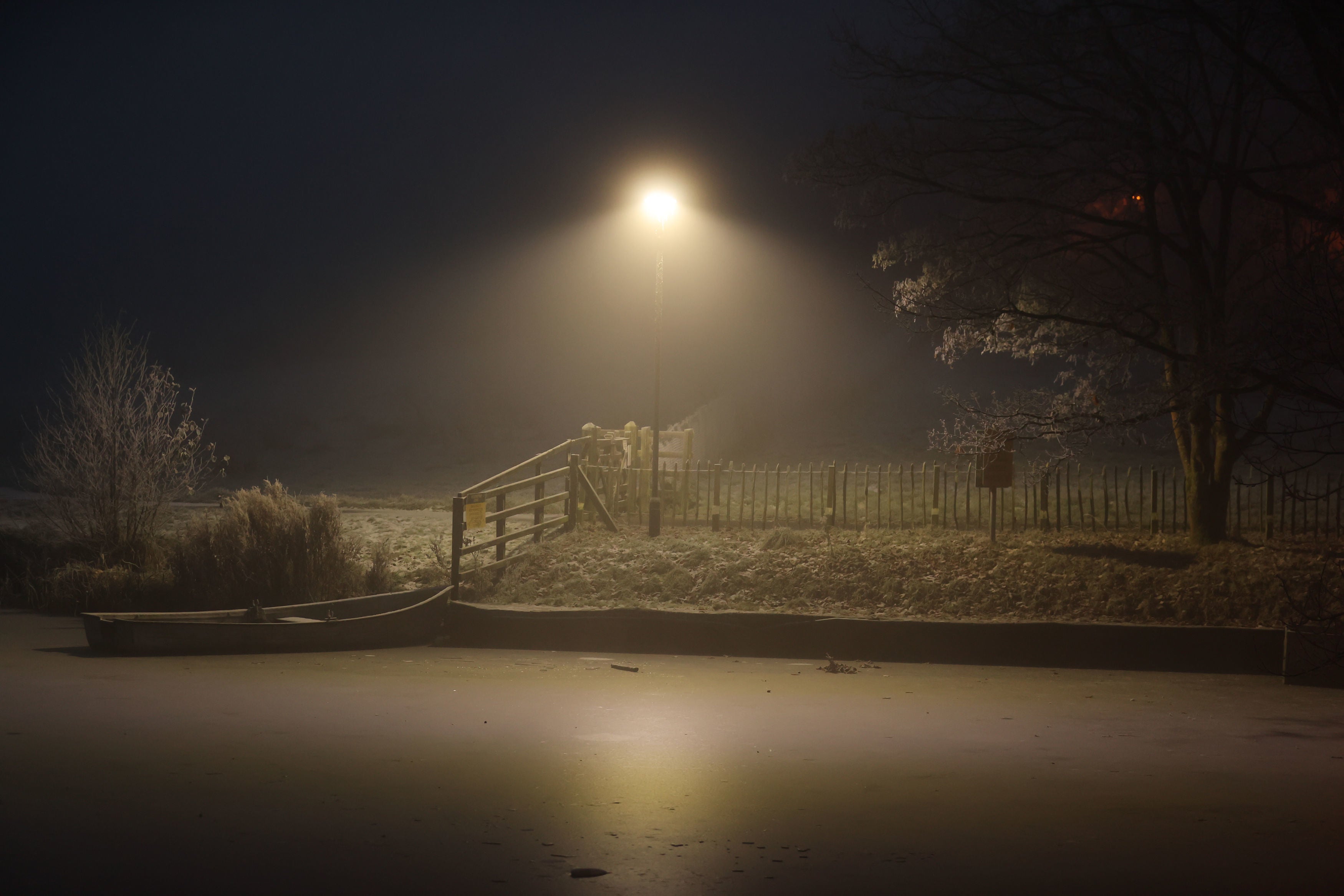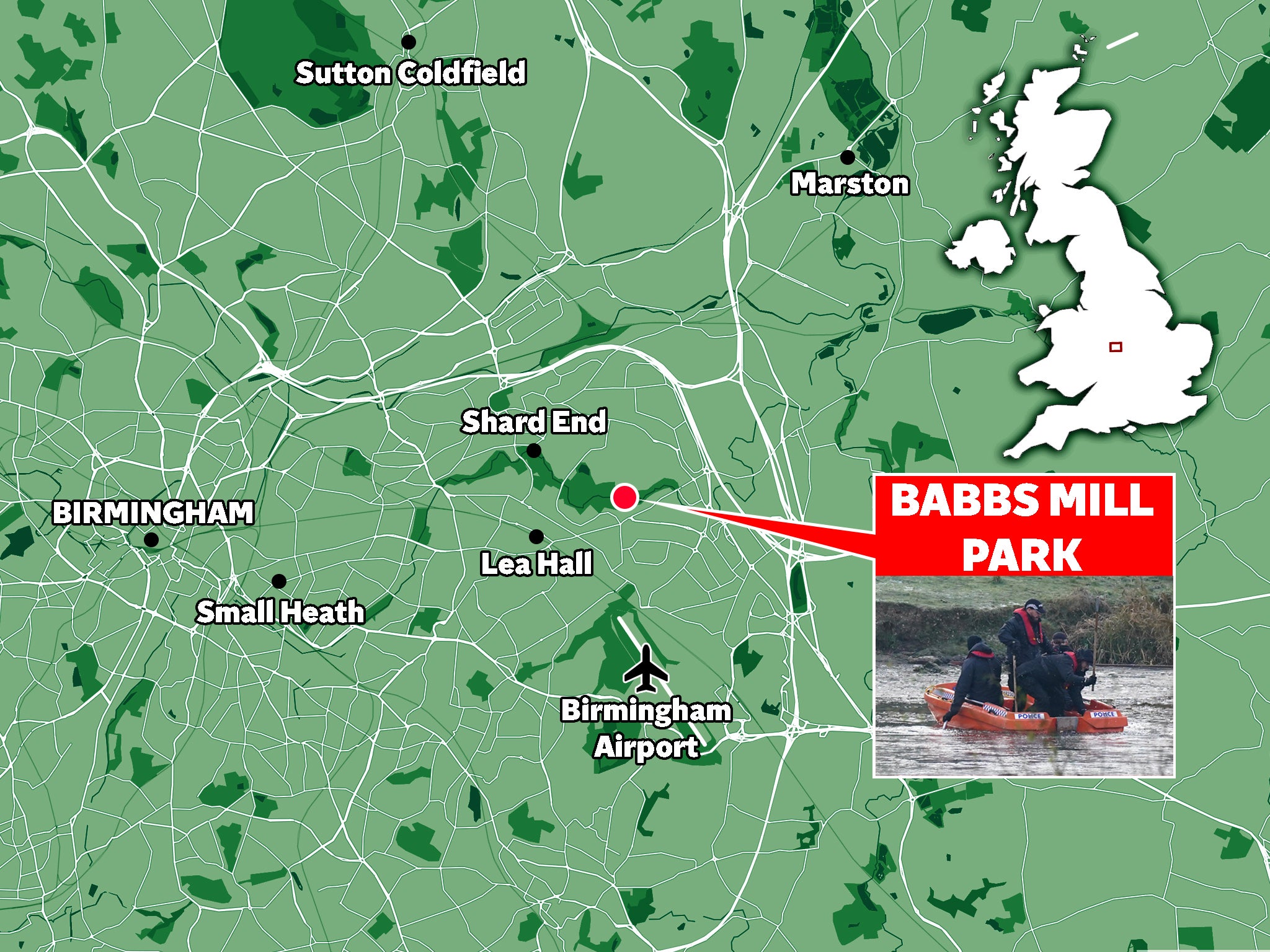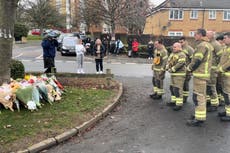Water safety lessons don’t reach all children, charity warns after Solihull lake deaths
Poor and pupils from ethnic minority groups left behind in pool-based lessons
British children are being put at risk by inadequate water safety education, a charity has warned after the deaths of three boys on Babbs Mill Lake in Solihull.
The Royal Society of Life Saving (RLSS) pointed to wide disparities in swimming ability and risk management skills based on affluence and ethnicity.
The national curriculum has included pool-based lessons since 1994 but many children are missing government-mandated targets for competence in the water.
Sport England’s national activity survey for the academic year 2021-22 found only 72 per cent of Year 7 aged (11-12) children could swim a length unaided – a 6 per cent drop from before the pandemic.
The 2017-18 edition of the survey found as many as one in four children were unable to “self-rescue” in the water. Ethnic disparities were large, with as many as 39 per cent of Black children not meeting the target. The measure was not included in the latest survey.
Disparities were also found among children of different affluence. On one measure, the ability to swim 25m unaided, in 2021-22 just 34 per cent of children from low-income households were capable, compared to 76 per cent of those from high-income households.
Lee Heard, director at RLSS UK, said more must be done to keep children safe, including bringing water safety lessons into the classroom to reach pupils in schools that cannot access pools.
“What is guaranteed is that the majority of children can be reached through the education system. The answer on keeping children safe around water is simple. Education.

“Only with class-based education and removing insurmountable barriers for some schools to travel to pool spaces will we be able to give every child the opportunity to learn crucial knowledge and skills to make informed decisions and be safe around water.”
“For many years, we at RLSS UK have been working tirelessly to raise awareness of barriers and lobby to try and push forwards with getting class-based water safety education on the national curriculum. It should not take yet another tragedy, and even more innocent young lives lost, to have to put the case forwards once again.”
The RLSS said it had been lobbying the government to review the curriculum since 2017 but had not received adequate responses.
A Department for Education spokesperson told The Independent: “Our thoughts are with the families of the children who tragically died in Solihull.
“Water safety is a vital life skill, which is why we have made swimming and water safety compulsory parts of the National Curriculum at primary school.”

Concern over water safety education was raised following the incident in Solihull which left three children dead and one fighting for his life.
The four boys fell into near-freezing water on Babbs Mill Lake and suffered cardiac arrest before being rescued.
In response, emergency services around Britain have warned the public against taking risks on or around frozen bodies of water.
Several police forces said they had intervened in children playing around or walking on frozen lakes and ponds in the hours following the Solihull incident.
Join our commenting forum
Join thought-provoking conversations, follow other Independent readers and see their replies
Comments


Bookmark popover
Removed from bookmarks